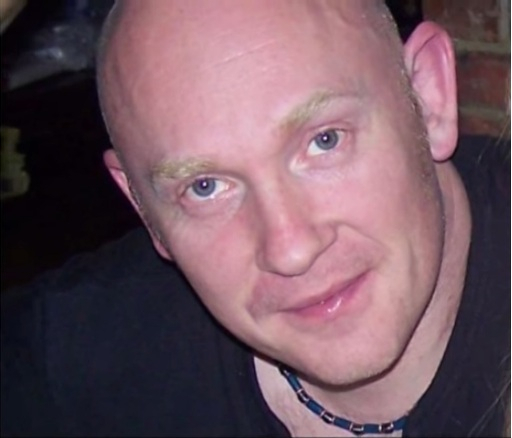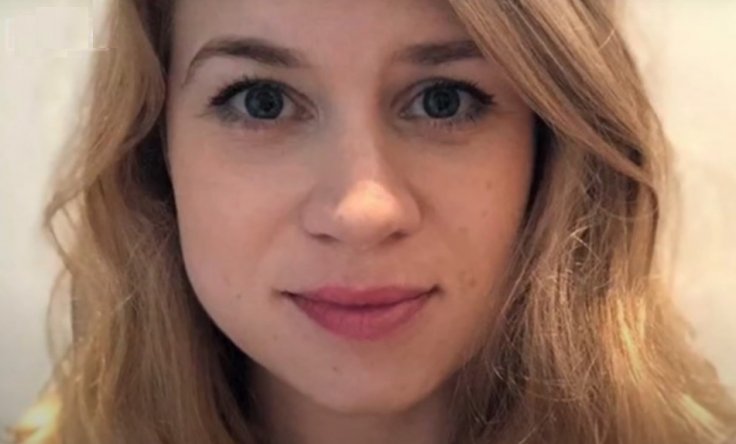Wayne Couzens handcuffed Sarah Everard in a "fake Covid arrest" by using his police warrant card before raping her and then strangling her with his police belt and burning her body, a London court heard on Wednesday. Video footage released on Wednesday showed Couzens staging a false arrest and snatching Everard as she walked home in Clapham, south London, on the evening of March 3.
Couzens at that time was a serving Metropolitan police officer, while Everard was returning home from her friend's house during a period of coronavirus lockdown measures. Couzens admitted to kidnapping, raping and killing Everard in July after initially denying knowing her.
Mindset of a Seasoned Criminal

At a two-day sentencing hearing, prosecutor Tom Little told the court that the 33-year-old marketing executive was targeted by Couzens on March 3 after he finishing his regular shift at the US embassy. Video footage released by police showed the moment then Couzens spots Everard and makes a "false Covid arrest" to lure her.
Little told the court that before Everard's abduction, Couzens' actions were "consistent with the defendant hunting for a lone young female to kidnap and rape." After kidnapping her, he then handcuffed her in the back seat of his car and "that was the start of her lengthy ordeal, including an 80-mile journey [to Kent] whilst detained which was to lead first to her rape and then her murder," Little said.
Everard's body was found a week after she went missing in a woodland in the county of Kent, more than 50 miles southeast of London. However, the prosecution could not pinpoint the exact time Everard was killed. Little said the 33-year-old marketing executive must have been dead by about 2.30 am on March 4 when Couzens pulled into a Dover service station and bought drinks.
Seasoned Criminal
The court also heard how Couzens acted like a seasoned criminal throughout the entire incident and even after that. After strangulating Everard with his belt and then burning her body, Couzens went on to return the Vauxhall hire car, having driven 300 miles.

Investigations revealed Couzens threw Everard's iPhone into a flow relief channel in Sandwich within hours of her murder, but it was found by a police diver later that morning.
A woman who witnessed the start of Couzens' kidnapping of Everard saw him handcuff her on the pavement. Little said the passerby thought she was witnessing an undercover police officer arresting a woman, whom she assumed "must have done something wrong".
CCTV footage played in court showed two people – Couzens and Everard – standing on a pavement behind a stationary white car that had its hazard lights flashing. Couzens had been involved in Covid patrols earlier in the year, and would thus have been aware of the regulations and the language used to enforce them, which he used to make the false arrest, the court heard.
On Wednesday, Everard's mother, Susan, a charity worker, faced Couzens in the court. While the killer kept his head bowed in court, Suzan said she remained "tormented" at the thought of what her daughter endured.

"She was my precious little girl, our youngest child," she said. "The feeling of loss is so great it is visceral. And with the sorrow comes waves of panic at not being able to see her again.
"I can never talk to her, never hold her again, and never more be a part of her life."
Police also released footage of a police interview with Couzens, a day before Everard's body was found, wherein he denied knowing Everard even after cops showed him her photograph. However, he later admitted to his crime after his arrest. The court also heard how Couzens told a psychiatrist he strangled Everard using his police belt, which was consistent with the conclusion of a post-mortem examination that found she died from compression of the neck.








